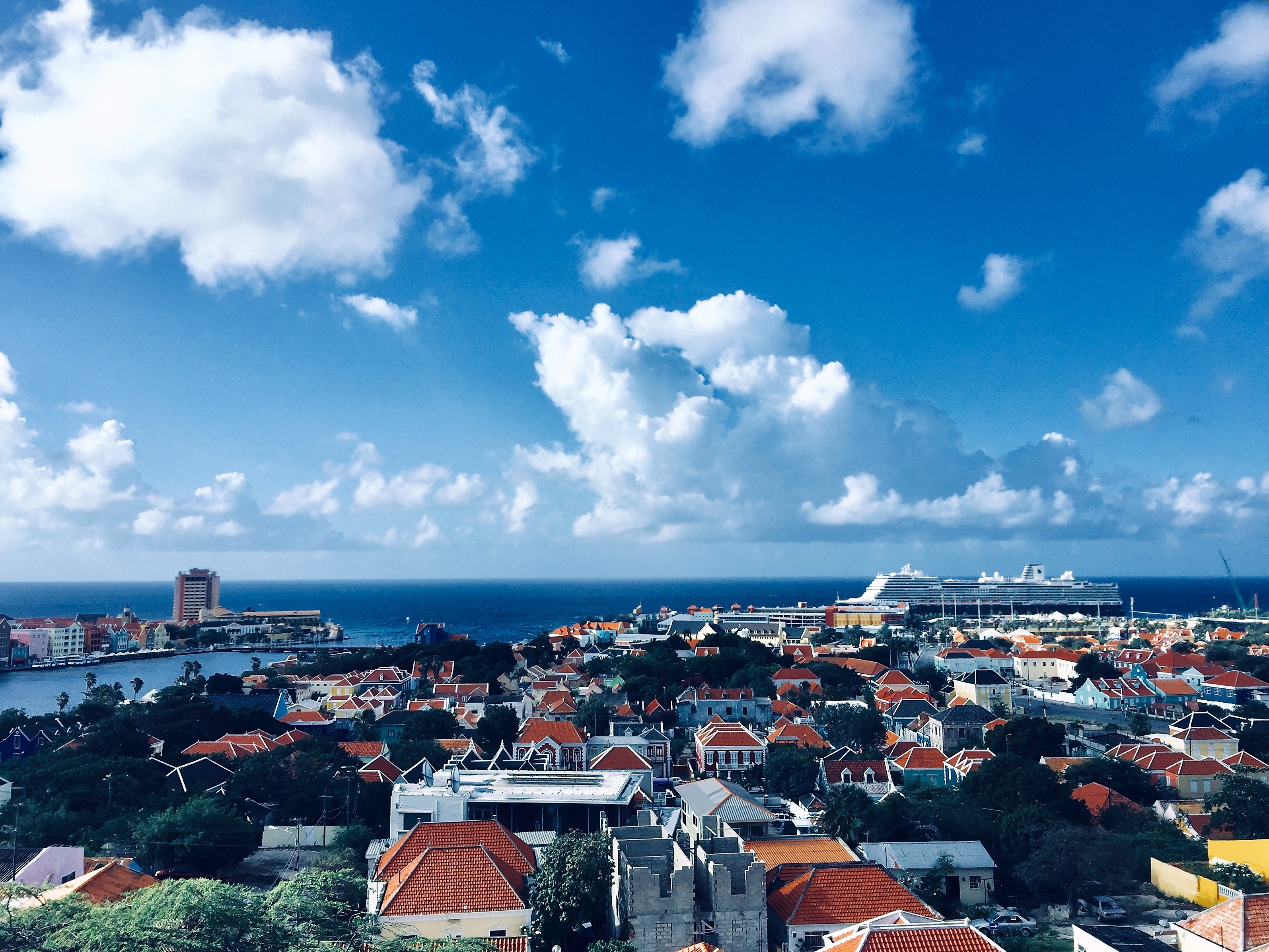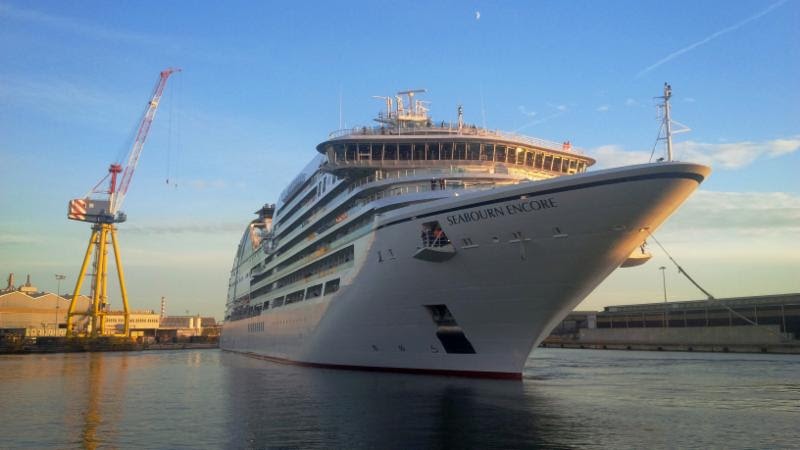
A Page in Time… Yangon’s colonial past.
A Page in Time…
Take a walk through Yangon’s colonial past
By Kevin Revolinski
A Myanmar travel guide
Historical Perspective
I stroll through the streets of Yangon, past men and women still wearing the traditional longyi, a wraparound skirt. A vendor spins a large iron wheel and its inertia pulls sugar cane through rollers, extracting the juice for a waiting customer. Buddhist monks stroll with parasols. A woman on the sidewalk sells phone calls at a folding table with two battered telephones and some dubious wiring behind her.
But what catches my eye is a semi-abandoned building across the street. No name or historical marker, but I know right away it dates from the early 20th century. And so does the building next to it, and the one beyond that. In fact, all around me I see the grandiose ghosts of colonial history.
On a sidewalk bookseller’s tarp lays a copy of National Geographic dated 1957. This is where Yangon is coming from. It’s a place that, for political reasons, got stuck in time and almost by accident preserved its past.
The British Empire took Yangon — calling it Rangoon — when they acquired Lower Burma in 1852 after the Second Anglo-Burmese War. At that time it was but a village with the present-day Sule Pagoda at its heart. Lt. Alexander Fraser, an army engineer, designed a European grid-style city around that pagoda. When the English took the rest of Burma in 1885, this city became not just the capital, but an important center for trade in finance….
[impact_text include_button=”yes” button_style=”standard” title=”READ MORE” href=”https://porthole.com/staging/stores/” color=”orange” target=”_self” position=”cta_align_right” alt_background=”none” width=”1/1″ el_position=”first last”]
This is an excerpt only. To subscribe to Porthole Cruise Magazine, click here.[/impact_text]









